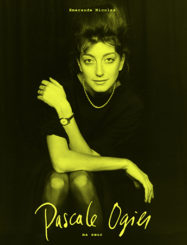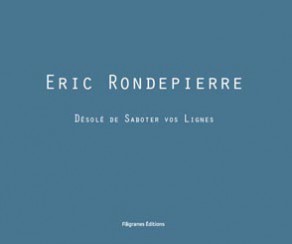Après tout, pourquoi le cinéma ? A cause du flou ? Le bougé, les cadrages, les personnages suivis et épiés dans leur dos ? Ce sentiment est décidément trop simple, trop évident : mouvement saisi, immobilisation momentanée, suspens, tension du redémarrage du geste, reprise empêchée de l’emportement des corps gelés par la prise. Mais en quoi ces images depuis une quarantaine d’années – floues en effet, brossées, rayées, empoussiérées par le tremblé – renvoient-elles au cinéma ? Car le cinéma est-ce du flou, du tremblé, du rayé ? Toute sa pratique est tendue vers le net, le fixe, le lisse. Ce sont les obsessions des opérateurs de films. Ou alors, il s’agit dans le cas contraire, de méprisables films expérimentaux. Mais ces derniers, en général, les photographes les méconnaissent, et paradoxalement, les cinéastes expérimentaux rêvent parfois de photographie quand ils se livrent à leurs excès formalistes. Dominique Païni
Bernard Plossu
Photographe
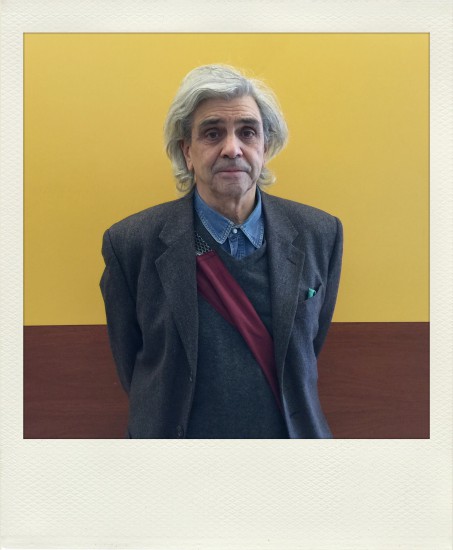
Plossu Bernard, born in South Vietnam in 1945, he grew up surrounded by photographs of the desert taken by his father when he went skiing on the dunes of the Sahara in 1937 with Roger Frisian-Roche. Modesty, sensuality, emotion, joy, here is what is the “sap” that already permeate the images of the self that landed in Mexico in 1965 and 1967 to join his grandparents. Travel as a Mexican issue 15 years later its editor Claude Nori. A book that, as the creator of Ed. Contrejour has become a sort of bible for a generation suddenly uninhibited by his freedom of tone and its intimate and poetic vision.
Françoise
Bernard Plossu
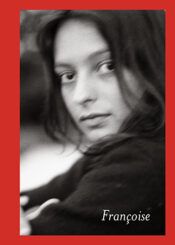
Le jardin de poussière
Bernard Plossu
Stuart Alexander, Emmanuelle de l’Ecotais
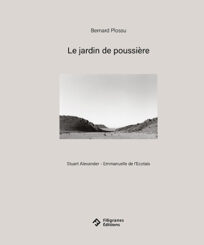
Isabelle Huppert – Pauline Croze
Bernard Plossu
Dominique Païni
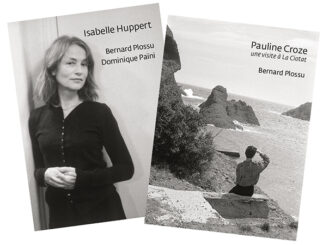
Aquarelles dessinées
Françoise Nuñez
Bernard Plossu
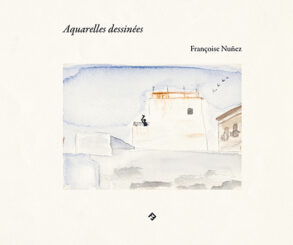
Plossu / Fuentes
Bernard Plossu, Marcelo Fuentes
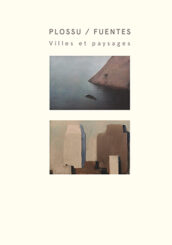
Hyères / Plossu
Bernard Plossu
Gilles A. Tiberghien, François Carrassan
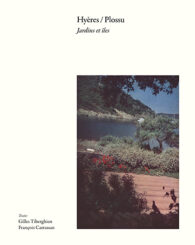
Plossu/Granet – Italia discreta
Bernard Plossu
Bruno Ely, Paméla Grimaud, Guillaume Cassegrain
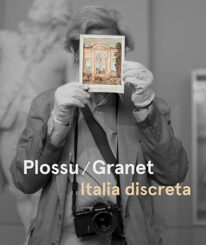
Pneus & A day with the Creeleys
Bernard Plossu
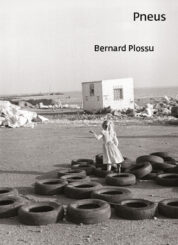
Düsseldorf
Bernard Plossu
Régis Durand
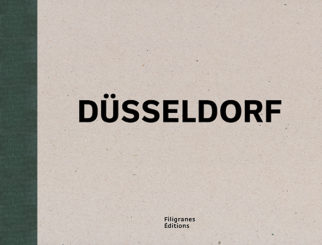
Roma
Bernard Plossu
Alain Bergala, Patrick Talbot
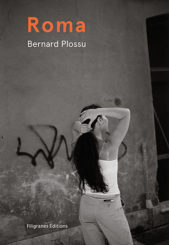
La prolongation du bonheur
Guillaume Geneste
Bernard Plossu
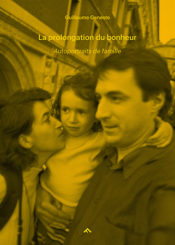
Glamour
Bernard Plossu
Dominique Païni
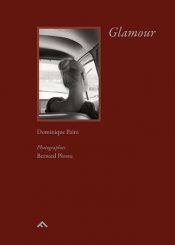
Denis Roche
Bernard Plossu
Jean-Christophe Bailly, Guillaume Geneste, Denis Roche
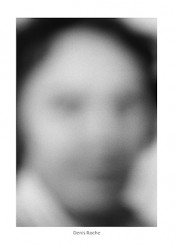
Le Havre en noir & blanc
Bernard Plossu
Annette Haudiquet, Aude Mathé
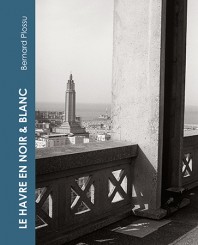
Photographier les jardins de Monet
Stephen Shore, Bernard Plossu, Darren Almond, Henri Foucault
Jeanne Fouchet-Nahas, Marina Ferretti Bocquillon
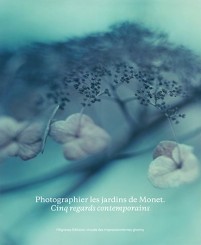
Le jardin de pierres
Bernard Plossu
Elisabeth Foch
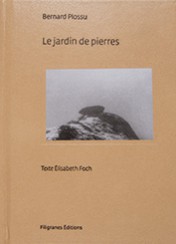
Tours et détours
Jesse A. Fernández
Bernard Plossu, Gabriel Bauret, Juan Manuel Bonet
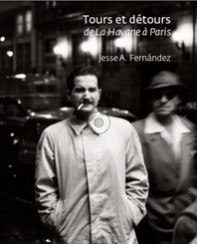
L’odeur du buis
Bernard Plossu
Gabriel Bauret, Farid Abdelouahab
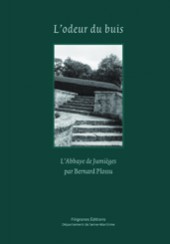
Monet intime
Bernard Plossu
Vanessa Lecomte, Diego Candil, Cédric Lesec
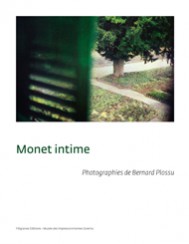
Nous avons fait un très beau voyage
Bernard Plossu, Françoise Nuñez, Jacques Borgetto, Sophie Zénon
Laura Serani
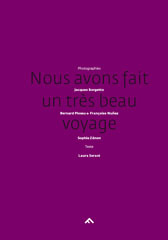
Avant l’âge de raison
Bernard Plossu
William Lord Coleman
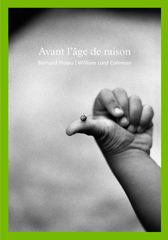
Entre/Vues
Bernard Plossu, Fabrice Dubreuil
Marc Donnadieu
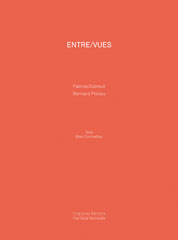
Damiers-Rayures
Bernard Plossu
François Carrassan, Emmanuel Guigon
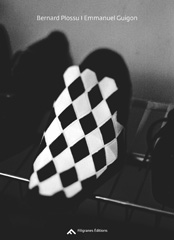
Hirondelles andalouses
Bernard Plossu
Jean-Christophe Bailly
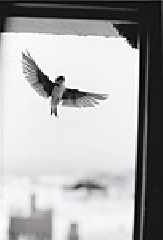
Saison # 10
Bernard Plossu
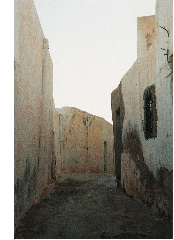
Le cinéma fixe ?
Bernard Plossu
Dominique Païni
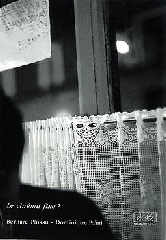
Lettre pour un très lent détour
Bernard Plossu
Joël Vernet, Philippe Arbaïzar
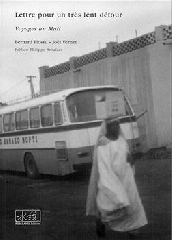
Où commence le ciel ?
Corinne Mercadier
François Seigneur, Bernard Plossu, Alain Fleischer, Charles-Arthur Boyer
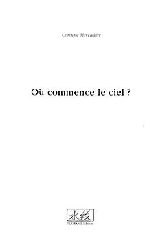
Dominique Païni
Auteur, Commissaire
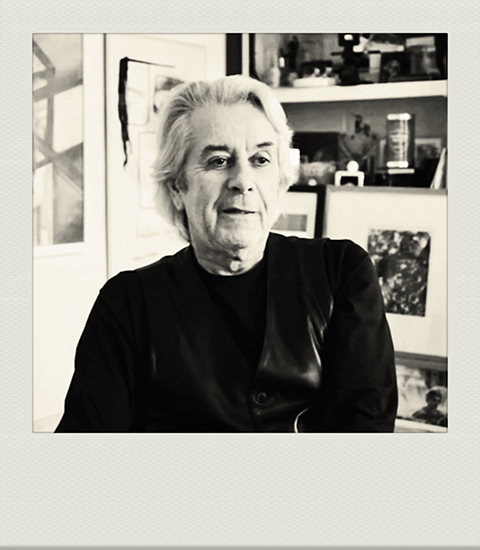
Director of the Cinémathèque française from 1991 to 2000, and since then responsible for the multidisciplinary projects of the Center Georges Pompidou. Defends the cinema of authors like: Jean-Marie Straub, Michael Snow as well as Rossellini or Godard, it reaffirms that the invention of the cinema is a matter of author and artist. He affirms, more firmly than in his previous book, Le cinéma, a modern art, an approach to cinema based on figurative motives (idle, sculpted, frozen …), draws a first assessment of the experience of his Exhibition Hitchcock and art, and comments on contemporary attempts to move the cinema from its traditional site, from the room to the museum’s rails.
